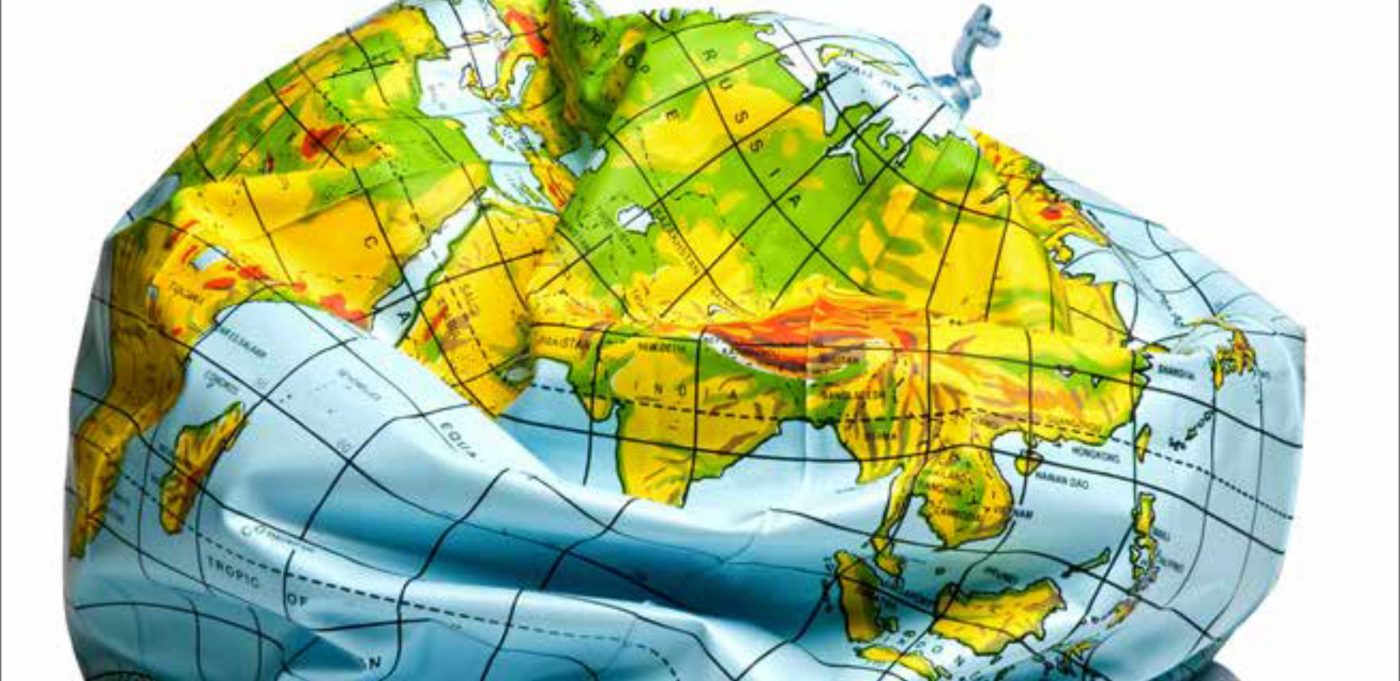SUUHAS TENDDULKAR
There seems to be conclusive scientific evidence that for the first time in evolutionary history, humankind may be the causative factor in the sixth round of extinction, now underway. It is quite clear that there is a great need for concerted action by society and the individuals. However, the capacity of societies and individuals to act in concert is constrained primarily because of flawed perceptions and lack of deep understanding about climate change.
A majority see climate change as an independent problem unrelated to social, economic and cultural context of the world. This is a flawed perception in more ways than one. Climate change is just the symptom of a larger malaise arising from our existing socioeconomic systems and entrenched value structures on which the socioeconomic systems have been built.
To elaborate, our worldview shaped by the existing value structures from society, religion, economy, and sciences has diluted and transformed a common-sense based value system that recognizes the importance of harmonious co existence. For example, our collective social psyche shaped by religion supports an unabashed Our response to anthropocentric view of the world where a man is made in the god’s image and is expected to rule over the earth and has claim over everything the earth has to offer. The entrenchment of this view is evident in the dilution of the value ‘sanctity of all life forms’ to ‘sanctity of human life’ justifying exploitation of all non-human life for human consumption. The current economic philosophy of a ‘free market economy’ coupled with the emphasis on continuous growth for a growing population is in direct conflict with a real limited world battling with limited resources. The entrenchment of this philosophy is evident in the transformation of the value ‘respect for nature and natural resources’ to ‘respect for technological prowess and economic progress’; a ‘religion of growth’ movement where nature and natural resources are seen as secondary to the production process.
Unfortunately, these underlying beliefs and value structures are so strongly etched in the socio-economic culture that any contrarian worldview is not only difficult to accept but is also prone to ridicule. The solutions required to address climate change and associated broader questions raise the very same contrarian questions about resource use, need for growth, etc. and therefore do not get the traction that is necessary to spur collective action. In this context, a paradigm shift is required in our approach to climate change. It has to be acknowledged that climate change is not merely an independent problem that can solved by science or technology alone; it is, at a deeper level, also a problem of ethics and underlying value systems and has thus also to be tackled at a philosophical level.
Interestingly, contemporary as well as historical models and their proponents in many of these disciplines have provided alternative worldviews specifying value structures that offer alternative paradigms on human progress, social welfare and the relationship between humans and the natural world.
Indian religion and philosophy has been deeply rooted in the concept of interdependence and respect for ecology and environment. Even beyond India, eastern philosophies and religions have also been, in general, more respectful of nature and broad minded in defining the concept of interdependence and equality between the Earth and the Man. This equality is emphasized in the insistence of many of these religions/philosophies to adhere to vegetarianism and practice economy and prudence in the use of natural resources. In the field of economics, the concept of steady state economics, fully developed by Herman Daly, combines the limits-to-growth arguments, with the theories of welfare economics, ecological principles, and the philosophy of sustainable development to develop a persuasive case for a steady economy that actually provides more welfare value and cultural growth to the human society. Other alternative thinkers, from E. F. Schumacher, Lester Brown, etc. raise the same questions about the effectiveness and the relevance of current socio-economic system in a rapidly changing world. The ecological movement, in its turn, has also contributed significantly to the debate on value structures. The deep ecology movement, advocated by Arne Naess, hits at the root of anthropocentric thinking and advocates the concept of interdependence and sanctity of all non-human life forms, irrespective of their instrumental value.
The abiding theme in the deep ecology movement is a deep appreciation for richness and diversity in nature rather than homogeneity or monopoly. The concept of holism as opposed to anthropocentrism has also been strongly advocated by James Lovelock in the concept of Gaia; the earth, as a living system.
All these worldviews, though diverse, actually recognize the shortcomings of the current socio-economic models and propose a simple alternative model of living, essentially a new culture of living.
To effect a real cultural change to tackle climate and associated broader ethical questions, it is very important to bring these alternative philosophies together on one platform so that people who are aware of climate change and feel a need to act are inspired and emboldened by these alternative concepts and by the work that these institutes and individuals are doing.



























